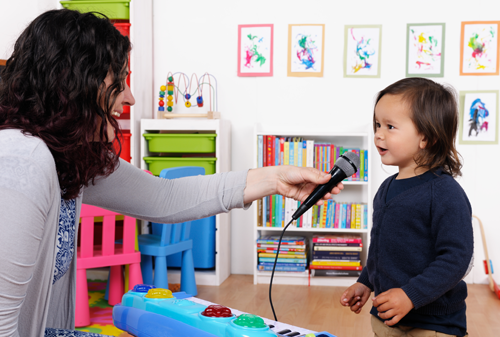




All children develop at different rates and what is considered normal for a younger child may also be normal for an older child. Children constantly change and develop. There will be a lot of changes in behaviour and growth during adolescence, their time in school or at times when there are changes at home.
However, some changes will give cause for concern. It is important to recognise and respond to concerns in order to ensure that the child or young person receives the help and support needed. The earlier concerns are identified and reported, the sooner help and support can be put in place. Unreported concerns have a negative impact on outcomes for the child or young person.
Some causes for concern may include:
Mae pob plentyn yn datblygu ar gyflymder gwahanol ac mae'n bosibl i'r hyn a ystyrir yn normal i blentyn iau hefyd fod yn normal i blentyn hŷn. Mae plant yn newid ac yn datblygu'n gyson. Bydd llawer o newidiadau mewn ymddygiad a thwf yn ystod y glasoed, yn ystod eu cyfnod yn yr ysgol neu ar adegau pan fydd newidiadau gartref.
Fodd bynnag, bydd rhai newidiadau'n peri pryder. Mae'n bwysig cydnabod pryderon ac ymateb iddynt er mwyn sicrhau bod y plentyn neu'r person ifanc yn cael y cymorth a'r gefnogaeth angenrheidiol. Po gynharaf y caiff pryderon eu nodi a'u rhannu, y cynharaf y gellir darparu cymorth a chefnogaeth. Mae pryderon na roddir gwybod amdanynt yn cael effaith negyddol ar ganlyniadau i'r plentyn neu'r person ifanc.
Ymhlith y pethau sy'n peri pryder mae:
Drag the behaviours into the correct columns
Llusgwch yr ymddygiadau i'r colofnau cywir

Observations of children support the practitioner to learn more about children and in turn, to work more effectively.
It is important that regular observations of children and young people are recorded for a number of reasons:
Further information on observing children as part of the Foundation Phase can be found in the document ‘Observing Children’ https://bit.ly/2k75D3D
Mae arsylwi ar blant yn helpu'r ymarferydd i ddysgu mwy am blant ac, yn ei dro, i weithio'n fwy effeithiol.
Mae'n bwysig bod arsylwadau rheolaidd o blant a phobl ifanc yn cael eu cofnodi am nifer o resymau:
Mae rhagor o wybodaeth am arsylwi ar blant fel rhan o'r Cyfnod Sylfaen i'w gweld yn y ddogfen ‘Arsylwi ar Blant’ https://bit.ly/2k6YKPH
Use the thought shower to note 4 ways to monitor children’s development
Defnyddiwch y gawod syniadau i nodi 4 ffordd o fonitro datblygiad plant
Answers could include:
Gallai'r atebion gynnwys: